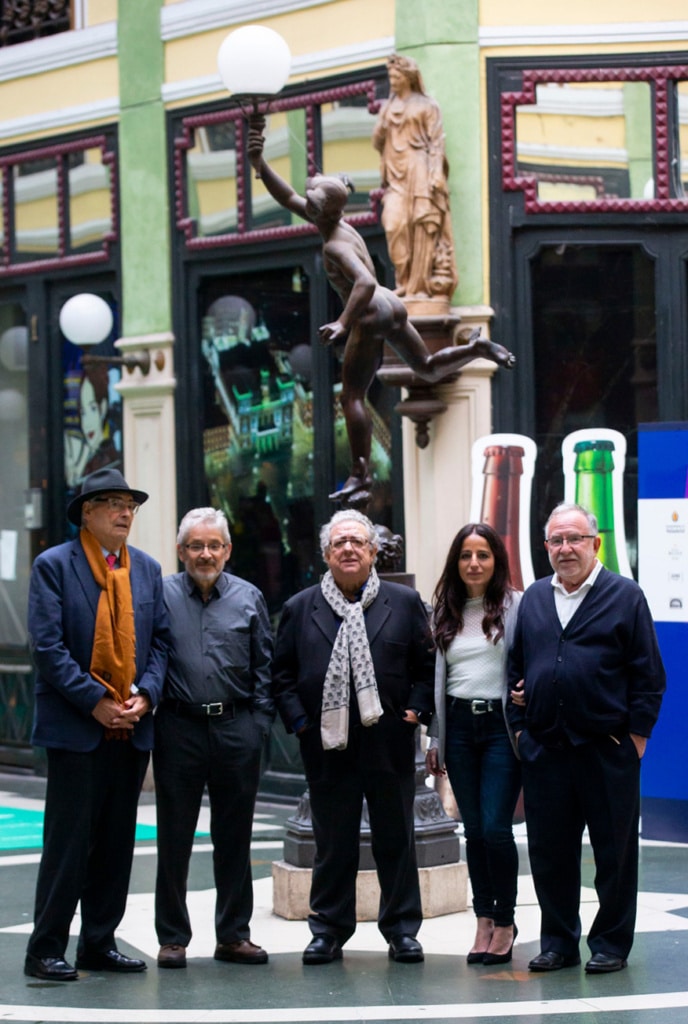
23/10/2019.- The Time of History section of 64th Valladolid International Film Festival premiered today (Wednesday,23 October) the documentary feature Lagun y la resistencia frente a ETA. The film aims to honour those who were subjugated by the terrorist group and to give voice to the people who stood up against violence and in defense of democracy. The documentary was directed by Belén Verdugo, while the script was written by journalists José María Izquierdo and Luis Rodríguez Aizpeola.
The film’s title refers to the leading role played by the “Lagun” bookstore in the 1990s. Founded by Maria Teresa Castells, her husband José Ramón Recalde and Ignacio Latierro, the establishment was the target of violent actions by the terrorist group, including the burning of books and attacks on the bookshop itself. “We’d rather be described as resistants than as victims,” said Latierro, who also referred to the situation of the media at the time: “ETA’s actions were not yet termed murders by the newspapers.”
The film features the testimonies of important figures in the resistance against ETA’s violence like Cristina Cuesta, Juan Alkorta or Ramón Saizarbitoria, whose words “are the most emotional of all, because they show the person’s evolution over time,” according to Belén Verdugo. Together with them, more than twenty writers, politicians and ordinary citizens shared their experiences in front of the camera. For Luis Rodríguez Aizpeola, “they represent the truly active role played by those who rebelled against ETA.”
In this way, a combination of history and personal confessions takes shape which the director feels very proud of: “When they gave me the opportunity to work on this documentary, I realized many things. They have told the story from a standpoint of absolute realism, ” she added. Historian Luis Castells, who collaborated in the making of the film, said in turn that “if there hadn’t been so much social rejection, ETA would not have ended the way it did.”


























![Logo Foro Cultural de Austria Madrid[1]](https://www.seminci.com/wp-content/uploads/2024/09/Logo-Foro-Cultural-de-Austria-Madrid1-300x76.jpg)








